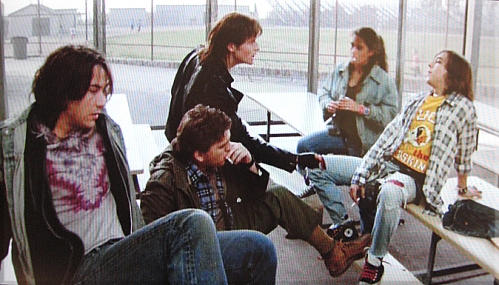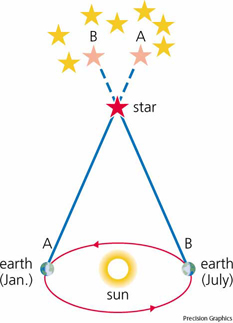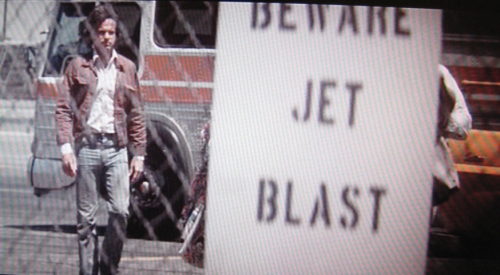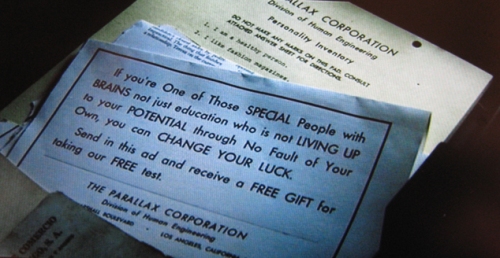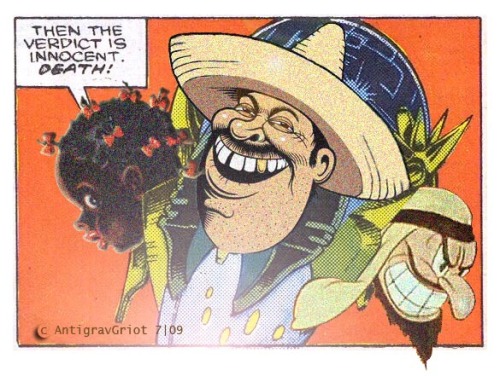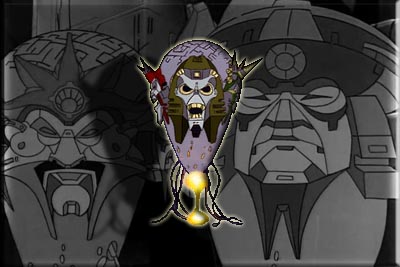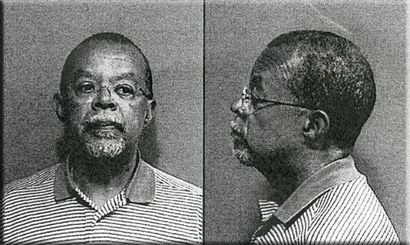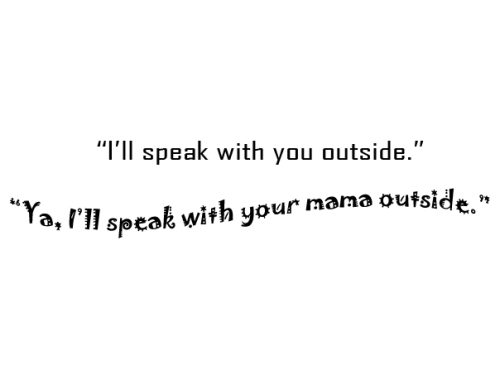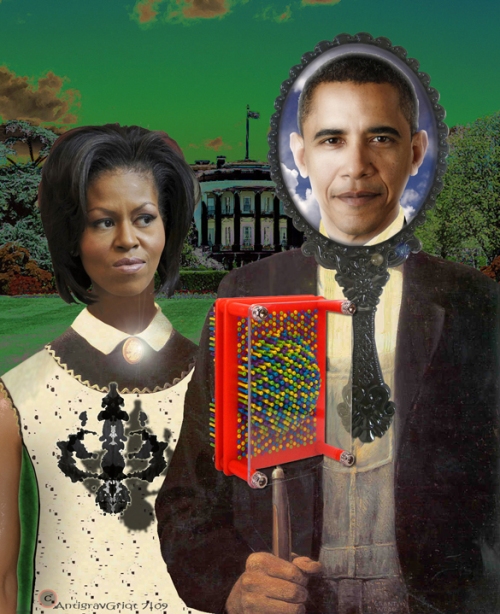It’s people like you that are sending this country down the tubes. No sense of pride. No sense of loyalty. No sense of NOTHING, man.
—Layne, River’s Edge
We deep schoolers are not known as a particularly excitable generation. In fact, much has been made of our lack of affect to historical events that should, instead, elicit profound emotional responses. So, to the extent that the election of Barack Obama did, indeed, cause a “stir” in our otherwise purportedly staid generational psyche, this is cause for reflection. The two of us got into a discussion a week or so back about this disquieting side of the deep school. I found myself reflecting on various instances of what I’d tentatively call the “Peril-Lax” view(s) of Generation X, a nod to the 1974 film The Parallax View, which, while more post-JFK than post-Watergate, I liken to a description by its writer of the 1986 film, River’s Edge:
The movie is more about the post-Watergate world teen-agers are growing up in than it is about teen-agers. . . . It’s not that we question authority—we mistrust it. We have no set of ethics we’ve inherited. We have to create our own as we go along. . . . This movie portrays a sad time in which apathy is the rule rather than the exception.
—Neal Jimenez, in San Jose Mercury News (CA) May 22, 1987 Section: Weekend Edition: Morning Final Page: 1D
In his 1993 work, Without Conscience, famed psychologist and researcher into psychopathy, Robert D. Hare, found in this film a realistically drawn world of “members of a ‘blank generation’.” Inspired by the true story of the killing of a teenage girl in Milpitas, California, by a classmate in 1981, the ’86 film depicts the almost casual, detached ‘field-trips’ by the killer’s classmates—himself leading the way—to view the body and their failure for days to report the crime. Hare describes the movie this way:
[C]hildren drenched in television violence form a secret underworld while their parents struggle to make ends meet and their lives spin out of control. Distracted and distressed by the grind of daily life, at best the parents in the movie manage to shout, ‘Is that you?’ to their children as they pass in and out of the house and go their separate ways.
One of the movie’s most powerful scenes shows a teacher, still able to care, trying to get through the ‘cool’, ironic style that masks these kids. He asks, then practically begs, the class to say something about how the loss of their dead classmate affected them…Desperately seeking some evidence that he’s reaching his students on a meaningful level, the teacher turns to one of them, a girl named Clarissa who was one of those who finally told the authorities of the murder: ‘Say what Jamie meant to you…’ The response, even from this girl, is a flat empty stare….
The absence of empathy, compassion, or even comprehension of loss drives this teacher into a fit of fury: ‘Nobody in this classroom gives a damn that she’s dead…. It gives us a chance to be morally superior but nobody in this classroom really gives a shit that she’s dead. Because if we did we wouldn’t be here, we’d be on the street half-crazed from lack of sleep tracking down the guy who killed her.’
—Robert D. Hare, Without Conscience: The Disturbing World of the Psychopaths Among Us, pp. 178-79
With its many allusions to nuclear dread and the apparent failures of social reform of the 1960s, Hare leaves out allied candidates beyond entrenchment in television to account for this generational ‘blankness.’ But he does make a demanding case that, whatever the reasons, traits which he marks as of the psychopathic continuum are revealed to an unsettling degree in this generation. Is this what’s been going on, or something else?
Like the empathy test of Mr. Burkewaite, the teacher in River’s Edge, there are more formal “compassion batteries” administered to subjects in films such as the so-called Voight-Kampff test in Ridley Scott’s Blade Runner and the “personality inventory” in The Parallax View. By point of comparison, what’s interesting to me here is that, essentially, both the latter tests are used to mark out not human beings, but imposters of humanity—that is, “people without conscience.” Both the Voight-Kampff in BR and the Parallax personality inventory are essentially fictional precursors of Hare’s own Psychopathy Checklist, devised in 1991.
When I think about these empathy tests meant to, in the first instance, detect murderous androids, and in the second, recruitable assassins, I can’t help but wish to follow the graver assessments of this generation to their logical conclusions, if only as a means for better identifying its own redemptive responses. (For now, I’ll fudge my motivations a bit.)
“It’s just a movie, true,” says Hare of River’s Edge. “But the portrayal…of a society where emotional poverty, impulsivity, irresponsibility, self-aggrandizement, and self-gratification are the norms rings frighteningly true.” (Hare, Without Conscience, p. 179.)
Parallax is defined as “the apparent displacement of an observed object due to a change in the position of the observer.” While making no apologies for aspects of our shared generational psyche that might bear the earmarks of pathology, I do wonder whether we can speak of the parallax view, or “peril-lax view” of Generation X? One due to certain forms of conditioning, be they social, biological, etc., that shift (and perhaps shift back) our sense of, call it, “respectable reactivity.” That is, there seems to be some self-awareness—within our very cultural expressions—that we slide in a kind of greasy, back-and-forth migration, from something like irony or detachment to at least an awareness of and tension with that irony. The philosopher Richard Rorty once said that no group of people could live so thoroughly in irony in any permanent fashion. But I wonder? Or is this, in fact, not “living,” after all? Hmm… Is the peril-lax view (and the parallax view) a way, or set of ways, of being in the world whereby we somehow carry around with us, right along with our detachment, an awareness of how we would (should?) react in a given situation if only social scandals weren’t—as my colleague put it—so “expected, assumed, and downright naturalized” to us? Do we see ourselves in different reactionary positions given our ironic pitch at a given moment? Is this a generational form of good ol’ Du Boisian “double consciousness?”
In The Parallax View, it is unclear whether Warren Beatty’s character, Joseph Frady, is more like the human beings who are properly scared shitless that someone is out to get them or like the assassins in the ring he is trying to infiltrate in order to expose. At certain points he seems the one, at others the other. At one point in the film, he has successfully prevented a plane from being bombed in mid-flight. Back on the ground, after the plane has been evacuated and he himself is walking (not running) from the jetway, he wears an expression of detachment that doesn’t suggest even an ounce of satisfaction, but only the most casual acceptance of ‘events’. He is not merely “being cool.”
He seems to have achieved the same measure of dis-engagement (even as he works to find answers) as the very psychopath he secretly employs to take the Parallax test for him in order to penetrate the group.
The flyer advertising for the Parallax battery strikes me as a shadowy, tales-up, signifier of just the kind of potentially borderline-pathological, extracurricular, aptitudes of psychic dislocation that Joe Frady himself manifests. The same can be argued about Clarissa’s “educated detachment” in River’s Edge, and, also, of Rick Deckard—the detective played by Harrison Ford—in Blade Runner.
The gauntlet, then, is thrown down before us: Is this an advert for pathological hired goons, or just for slackers with “brains”?
In closing (for now), I’m reminded of an appearance by David Duchovny on The Tonight Show some years ago now when The X-Files was all the rage. In his botched reaction shot to the flukeman in the infamous episode, “The Host,” Duchovny provides an apt description of what is perhaps the “reaction shot” of a generation that grew up so acclimatized and, yes, traumatized by betrayals of all sorts within its own national household:
Jay Leno: ‘Cause on your show I know, I notice, well obviously, they bring in a couple of monsters or something or aliens. I assume when you’re doing those scenes, that stuff’s added later.
DD: Well, sometimes it is because of the nature of the schedule. I get a six foot inch—a six foot intestinal worm, if you could imagine that, and uh, he was strapped in a tube and I had to have a reaction shot for this. There’s a guy, well he was hot in the suit, so he got precedence over me, so he got to go home and get out of his rubber suit, and I had to react to an empty tube. So, not wanting to overplay it, I kinda went like, ‘Mmmhmmm (nods head).’ And then later on, here’s this SIX FOOT INTESTINAL worm and I see it and it’s the most amazing thing and there’s no way in the world…(he re-enacts the reaction shot). ‘Hey it’s another one of those goddamned six foot intestinal worms.’ (Laughter)
Talk about a peril-lax view of the flukeman.
das ^§

